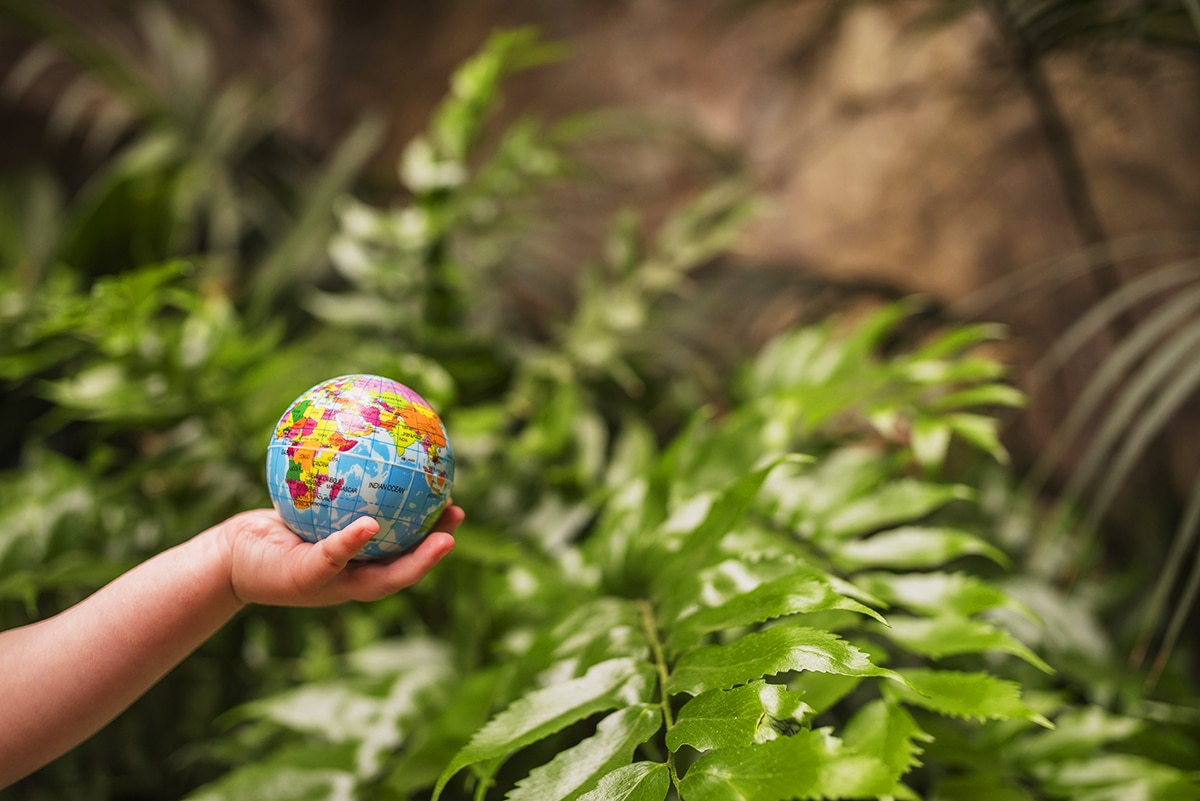The Importance of Environmental Education
The world has come to a point of environmental degradation, where people are facing a multitude of challenges. We are continuously dealing with issues like global warming, deforestation, air pollution, water pollution, and soil degradation – all of which pose a threat to our existence. The current state of our planet is a consequence of our actions and failures as a society to act responsibly. However, environmental education could be the key to our sustainable future.
What is Environmental Education?
Before delving further, it is important to define what environmental education means. Environmental education is the process of raising awareness about environmental problems and teaching individuals how they can help address these issues. This type of education aims to empower people to take responsibility for their actions, reduce their environmental impact, and contribute to sustainable development.
Why is Environmental Education Crucial for a Sustainable Future?
Environmental education should be a top priority as it provides people with essential knowledge and skills necessary to tackle climate change and other environmental problems. When children and young people are taught about environmental issues, they become conscientious citizens who are more likely to make better decisions for the environment.
If people learn about the problems the environment faces, they can develop a sense of care and concern for nature, leading to a more environmentally conscious society. Individuals become more responsible in their actions, ensuring they do not engage in activities that harm the environment.
Environmental education can also play a crucial role in finding new solutions for environmental problems by encouraging people to think in innovative ways that promote sustainability. This type of education can provide people with the necessary ideas and skills to create new technologies or solutions that reduce carbon emissions and protect the environment.
Leading by Example
Teaching environmental education is not merely theoretical, but rather it has a practical approach. The knowledge and skills gained from environmental education help students apply them in their daily lives as they make responsible choices for the environment. The practice of environmental education starts with adopting green practices in our schools, homes, and workplaces.
Schools can lead by example by incorporating environmental sustainability practices into their daily operations. Encouraging children to reduce, reuse, and recycle, teaching them about renewable energy, and conserving water, will provide them with practical knowledge and skills that are necessary to tackle environmental problems.
In the workplace, businesses can introduce various eco-friendly practices, from reducing energy consumption to promoting a paperless office. This way, they can achieve significant results in reducing their carbon footprint and making a positive impact on the environment.
How You Can Make a Difference Today
As individuals, we can do our bit for the environment by adopting eco-friendly practices in our daily lives. Here are several ways you can make a positive impact on the environment:
Adopt Sustainable Habits
By adopting sustainable habits, we can make a significant difference in reducing the negative impact of our actions on the environment. Some of these habits include:
- Reducing the consumption of packaged items, i.e., bring your reusable bag when shopping
- Reducing energy consumption at home by switching off appliances when not in use
- Using public transport, biking, or walking instead of driving alone in a car
- Carrying refillable water bottles to reduce plastic waste
Support Environmentally Friendly Businesses
Supporting environmentally friendly businesses is an excellent way of promoting sustainability. By choosing businesses that prioritize sustainable practices and values, you are not only reducing your carbon footprint but also encouraging other businesses to adopt sustainable practices.
Be Involved in Community Activities
Participating in community activities such as beach cleanups, tree planting, and waste separation help raise awareness about environmental issues and promote environmental education for all.
Teach Environmental Education
By teaching environmental education, you can help raise awareness about environmental problems, promote sustainable development, and help create a more environmentally conscious society. You can do this by volunteering, participating in environmental groups, or initiating environmental education programs in your community.
Conclusion
Environmental education is a critical component of achieving sustainable development. By providing people with essential knowledge and skills, environmental education promotes sustainable practices and solutions that protect our planet. The global community needs to work together to incorporate environmental education into standard education, workplaces, and daily activities to combat climate change and promote a sustainable future for ourselves and future generations. As individuals, we can start today by fostering sustainable habits, supporting sustainable businesses, participating in community activities, and teaching environmental education in our communities.

Deja una respuesta